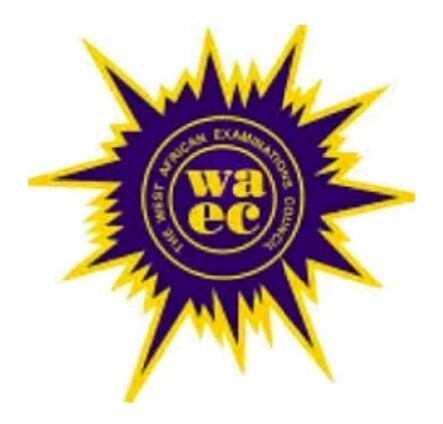When it comes to preparing for the Computer Studies examination, one essential tool you shouldn’t overlook is the WAEC Computer Studies syllabus.
This syllabus serves as a comprehensive guide, outlining the aims, objectives, and content you need to cover for the exam.
In this blog post, we will break down the syllabus into its various sections, highlighting the key topics you should focus on.
Whether you’re a student or a teacher, understanding the syllabus will greatly enhance your exam preparation and productivity.
Exam Structure:
Before diving into the syllabus details, let’s briefly discuss the examination structure. The Computer Studies exam consists of three papers: Paper 1, Paper 2, and Paper 3. Paper 1 is a multiple-choice section, where you’ll answer 50 objective questions within an hour. Paper 2 involves essay questions, and you need to choose and answer three out of the five questions in one hour.
Finally, Paper 3 assesses your practical skills and knowledge of practical work, with three questions to be answered within two hours.
Thematic Areas of the Syllabus:
The Computer Studies syllabus is organized around various thematic areas, each containing several sub-concepts. Here’s a breakdown of these thematic areas and their respective sub-concepts:
-
Computer Evolution:
- Computing Devices I (Pre-computing age- 19th century)
- Computing Devices II (20th century to date)
-
Fundamentals of Computing:
- Overview of Computing System
- Data and Information
-
Computer Ethics and Human Issues:
- Security and Ethics
-
Computer Hardware:
- Input devices
- Output devices
- Central Processing Unit
- Memory Unit
- Logic Circuits
-
Computer Software:
- System Software
- Operating System
- Application Software
-
Computer Application:
- Word Processing
- Spreadsheet
- Database
- Graphics
- Presentation package
-
Managing Computer Files:
- Concept of Computer Files
- Handling Computer Files
-
Basic Computer Operations:
- Booting and shutting down process
- Computer Data Conversion
-
Information and Communication Technology (ICT):
- Communication Systems
- Application areas of ICT
- Internet
- Electronic Mail (e-mail) Services
- Networking
- Introduction to Worldwide web (W.W.W.)
- Cables and Connectors
-
Developing Problem-Solving Skills:
- Programming Language (PL)
- High-Level Languages
- Algorithm and Flowchart
- BASIC Programming
- Systems Development Cycle
- Program Development Cycle
-
Facilities and Materials:
- List of Facilities and Major Equipment/Materials Required
Conclusion
To excel in your Computer Studies examination, it is crucial to study the WAEC Computer Studies syllabus.
This syllabus not only provides an overview of the topics you need to cover but also helps you understand the objectives of the exam.
By following the syllabus and focusing on the thematic areas and sub-concepts, you can develop a solid foundation in computer studies.
Remember to use the recommended textbooks provided by WAEC and make effective use of the facilities and materials required for practical work.
With thorough preparation and adherence to the syllabus, you’ll be well-equipped to tackle the exam and achieve success in Computer Studies. Good luck!






